The Playhouse offers one-session and five-session workshops. Playhouse teaching artists offer in-depth learning experiences through workshops that integrate required reading and social studies subjects, while underscoring current academic standards. We can't wait to come to your school!
If your school is outside of our service area your students can still participate! We offer many of our in-person workshops in a live-virtual format through the video conferencing app of your choice.
For questions or more information, contact us at education@cincyplay.com or 513‑977‑2031.
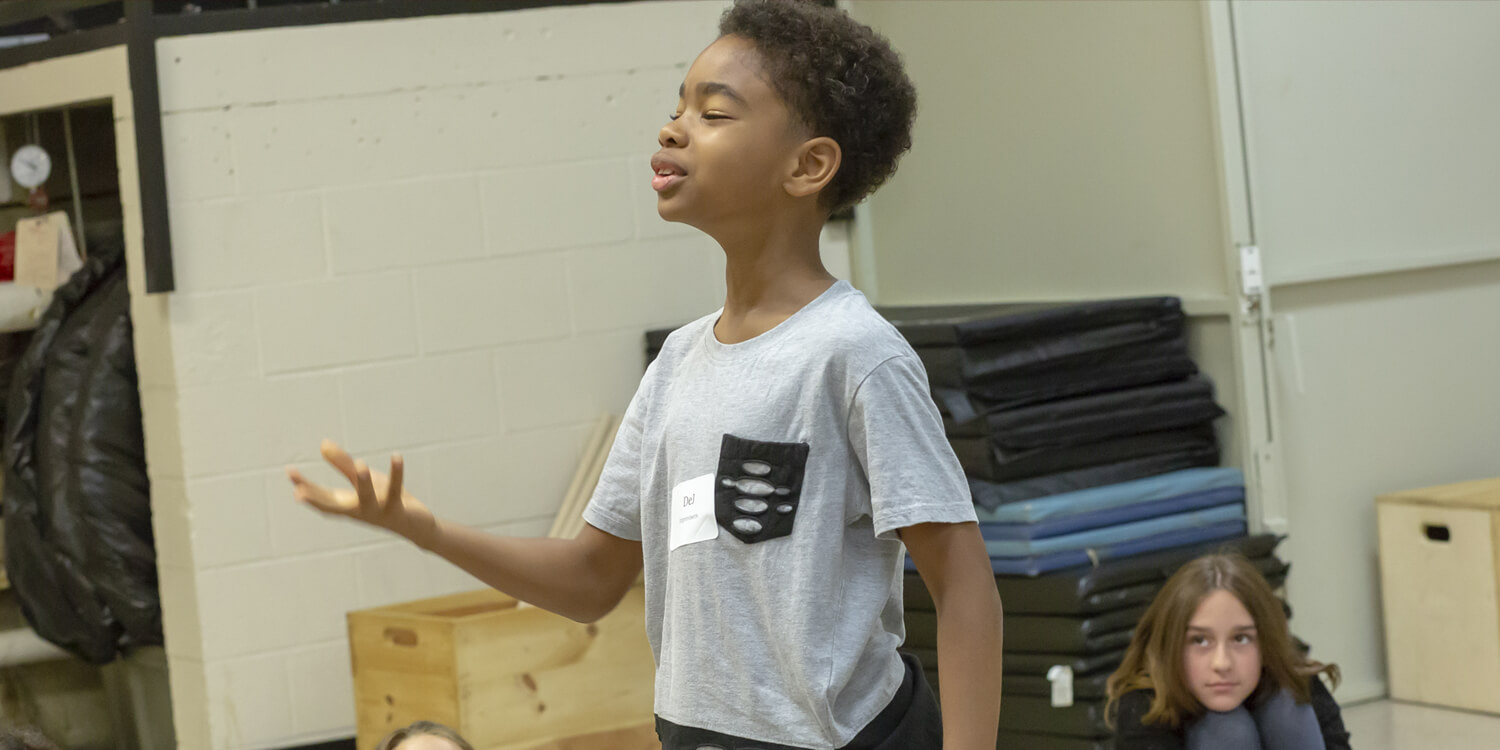
Registration for the 2025-26 Workshops is now open! Click below to book a workshop for your class.
Book Now
Registration for our 2025-26 one-session enrichment workshops is now available!
Price: $100 per class, per teaching artist for classes up to one hour. We have a limited number of subsidies available that you can apply for here.
Capacity: Enrichment Day class sizes are limited to 30-35 students per group.
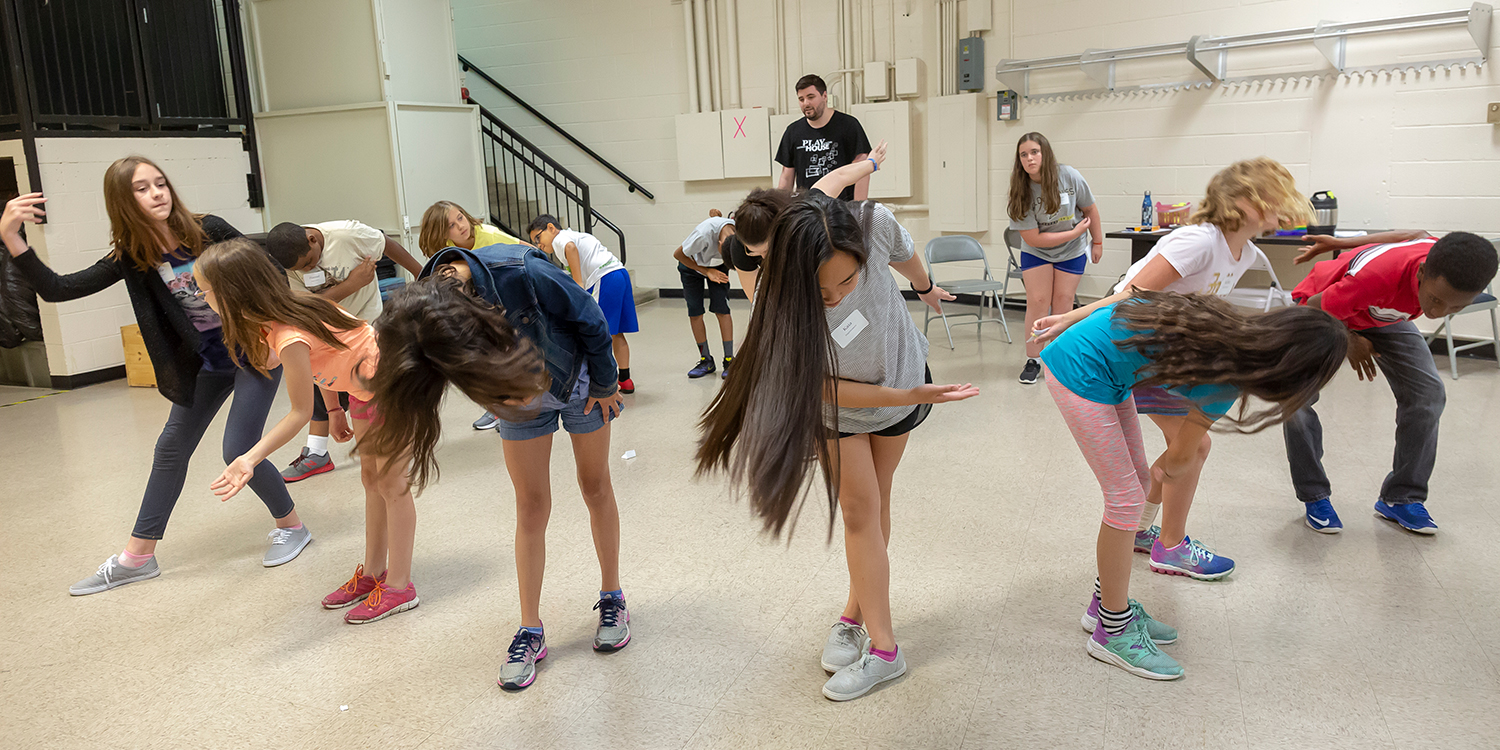
Just as a handyman has a toolbox of hammers and nails, an actor carries their toolbox everywhere. Using the five pillars — body, voice, imagination, cooperation and collaboration — the Actor’s Toolbox teaches a basic understanding of introductory arts integration for the classroom.
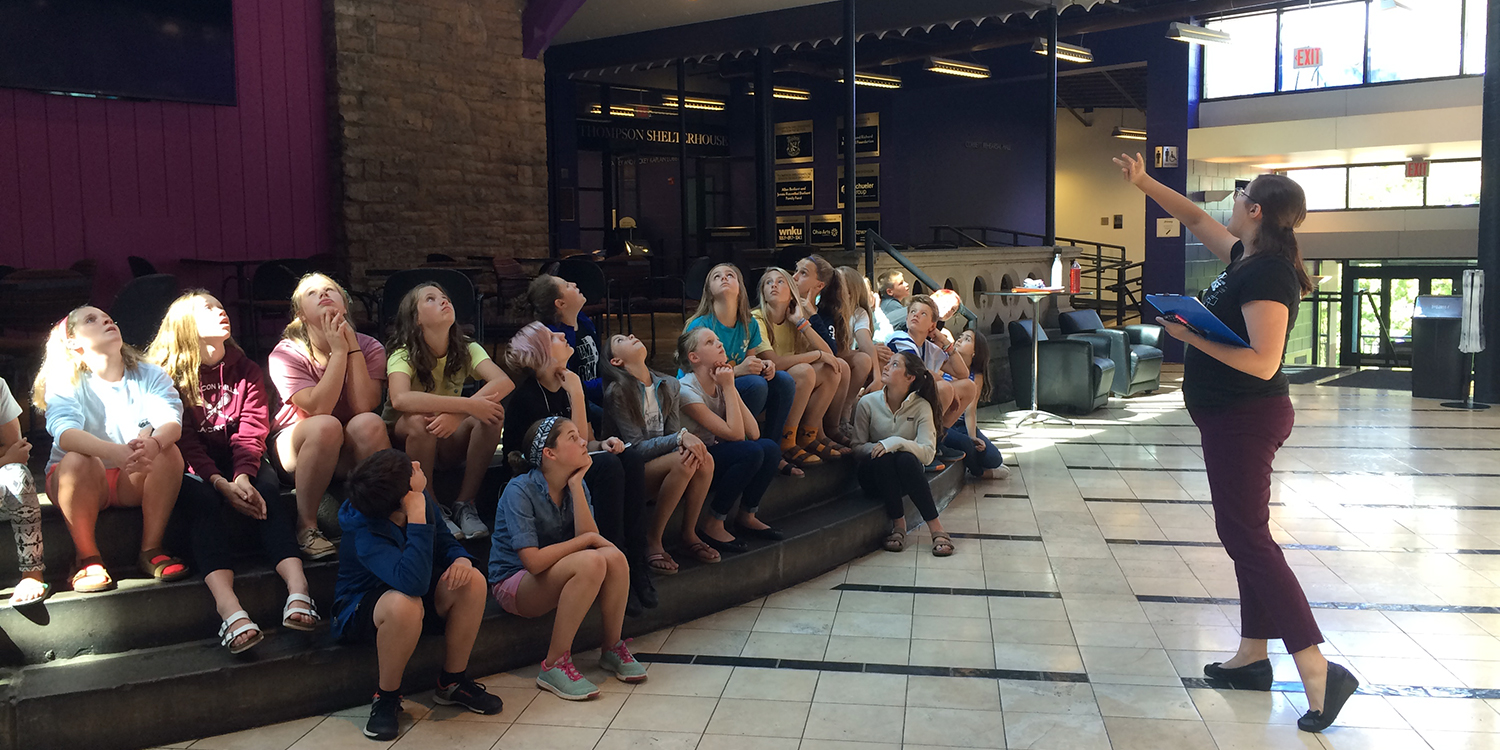
Performance is only one small part of theatre arts. In this four-part workshop, students participate in the exciting worlds of Makeup and Costume Design, Stage Management, Playwriting and Directing. Learn how to apply stage makeup and make costuming decisions; step into the shoes of a stage manager and learn call cues written for our production of A Christmas Carol; write a one-act play using movement; and visit the Playhouse for a tour and to participate in a directing class using short plays written by students.
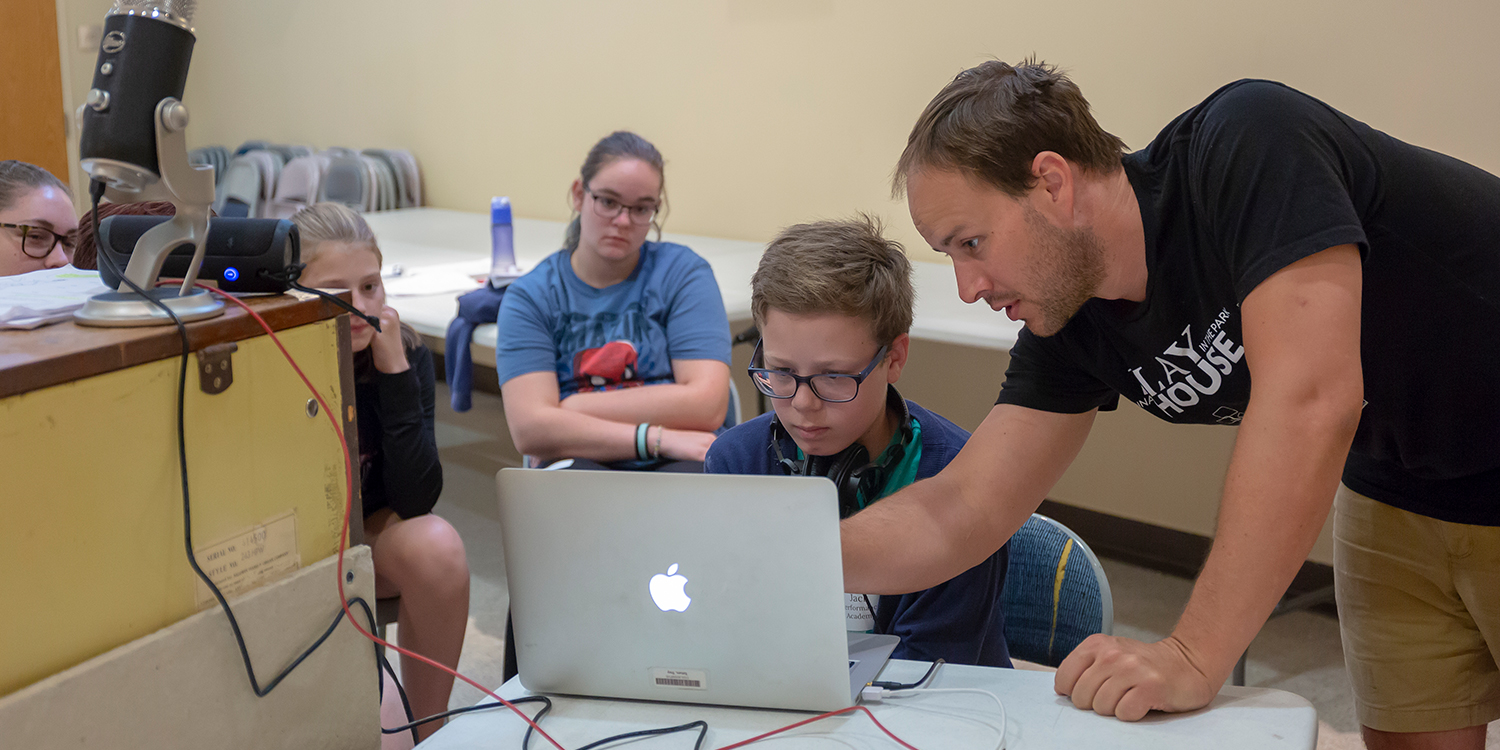
Acting is only one of dozens of theatre professions. In this 45- to 60-minute Career Day offering, arts educators discuss the roles of Actor, Director, Playwright, Stage Manager, Choreographer and Fight Director, as well as Scenic, Lighting, Sound and Costume Designers. We go over the steps that one must take in order to participate in these exciting departments in the world of theatre.

Registration for our 2025-26 five-session workshops is now available! Workshops run one 45–55-minute session a day for five sequential days, beginning on Monday and culminating with a presentation or enactment day on Friday. Accommodations can be made for block schedules. We are happy to discuss any requirements.
Through generous grants, we are able to offer five-session workshops on the following pricing structure:
Prices are per teaching artist, per lesson plan. We also have a limited number of subsidies available that you can apply for here.
The goal of the five-session workshop is to serve an entire grade level and we can accommodate up to 30-35 students per classroom. One teaching artist can serve up to seven class periods in a day. If you are hoping to book a workshop for more than seven class periods, please contact education@cincyplay.com to discuss scheduling options.
BOOK NOW
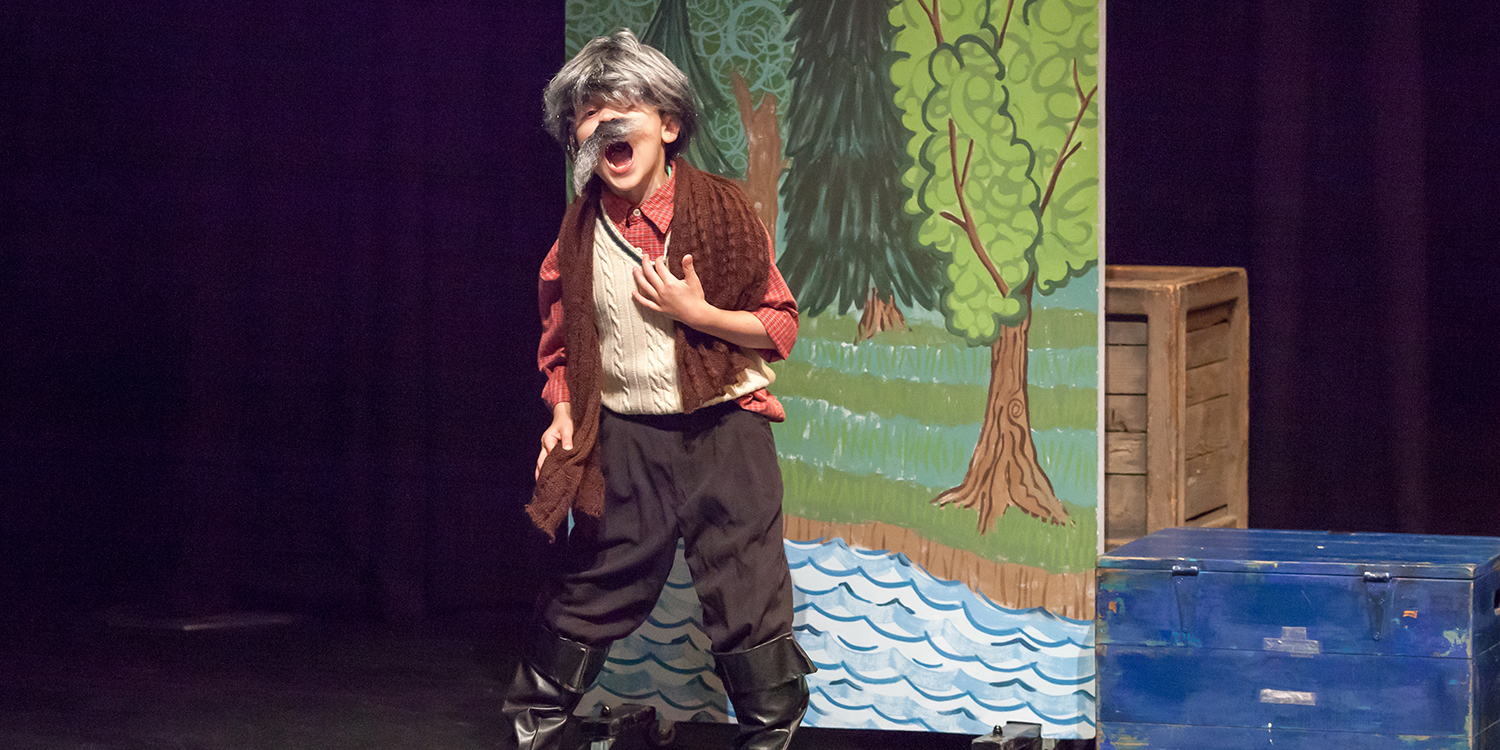
In this five-day workshop, we'll explore the power of storytelling through different styles of dramatic writing. We'll also explore how to translate descriptive language into a visual image onstage by creating a performance piece inspired by fiction.
Daily Overview:
Day One: What is the story, and how will you tell it?
Day Two: Telling the story visually
Day Three: Writing and curating content
Day Four: Putting it all together
Day Five: Presentation and discussion

The goals of the Theatre for ELL Workshop are to strengthen linguistic skills through performance, to teach reading and speaking with expression, emotion, and meaning, to connect language to physical gestures and to gain confidence in speaking through theatre activities and performance.
Daily Overview:
Day One: Expressing Emotions
Day Two: Introduction to Text
Day Three: Vocal Expression
Day Four: Creating Character
Day Five: Presentation of Scenes
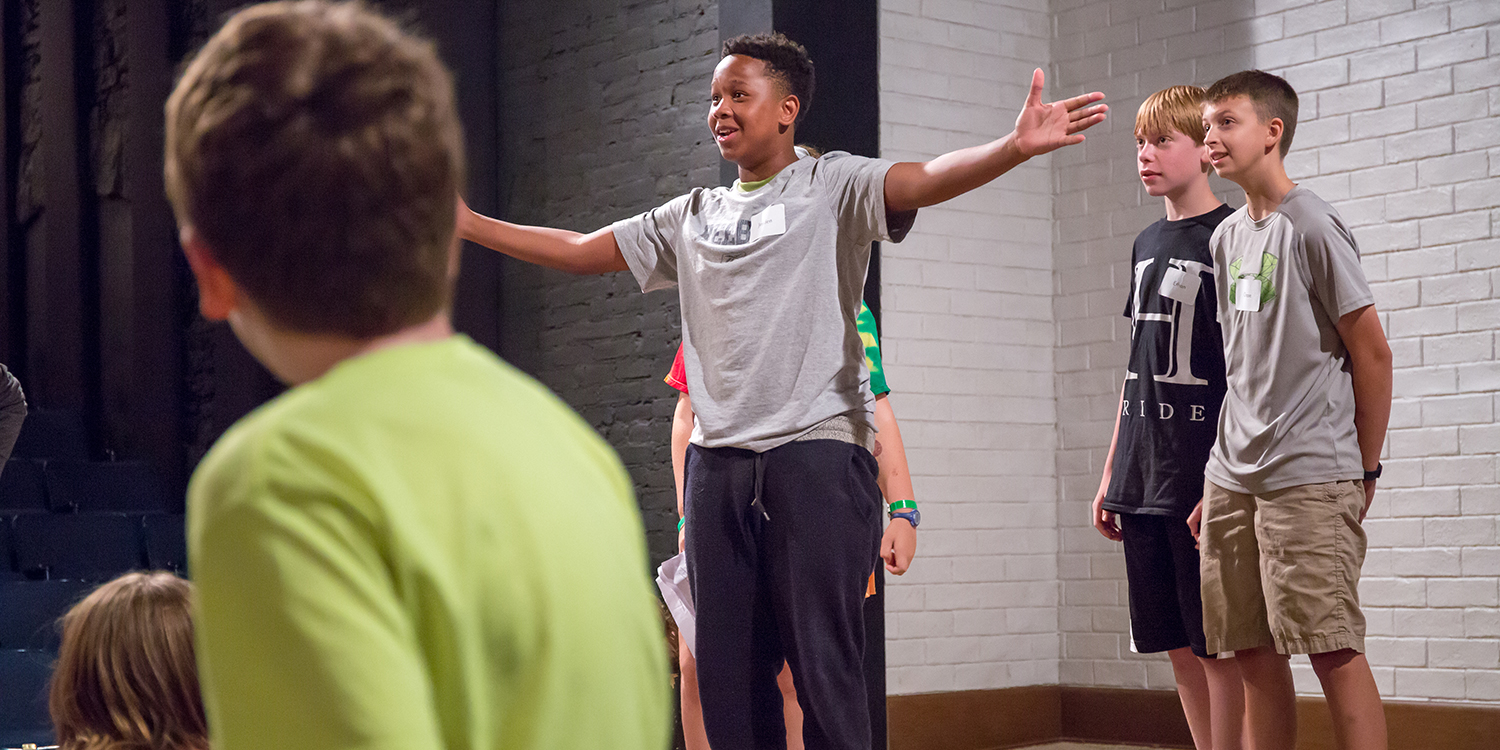
Empower students to create effective conversations. Students learn to identify key details of a story/text and develop vocal techniques for oral presentations. They also learn to identify real-life connections between the words of the text and their use in performance as well as everyday life.
Daily Overview:
Day One: Understanding the speech OR Writing and editing your own speech
Day Two: Breaking down text
Day Three: Vocal technique for oral presentations
Day Four: Reading and verbalizing with emotion
Day Five: Presentation of speeches
Subjects from which to choose:
Great Speeches by Great Speakers
Speaking Your Own Words

We'll explore the world of the book of your choice to help students better understand its context, to immerse them in different styles of theatrical storytelling, to explore the power of visual storytelling and to create and embody characters from the world of the story/subject.
Daily Overview:
Day One: Scene work with text from the book or play adaptation
Day Two: Stage combat
Day Three: Scenic design
Day Four: Specialty connected to the book (e.g., dance from the era or costume crafts)
Day Five: Enactment day
Books/subjects from which to choose:
Book/subject of your choosing
Beowulf
The Outsiders
Dr. Seuss
U.S. History
